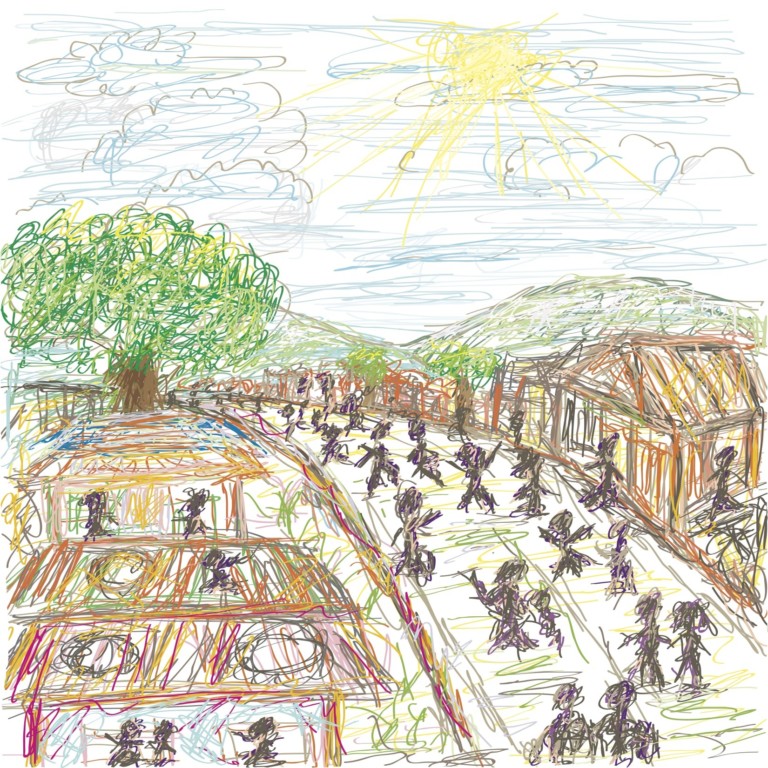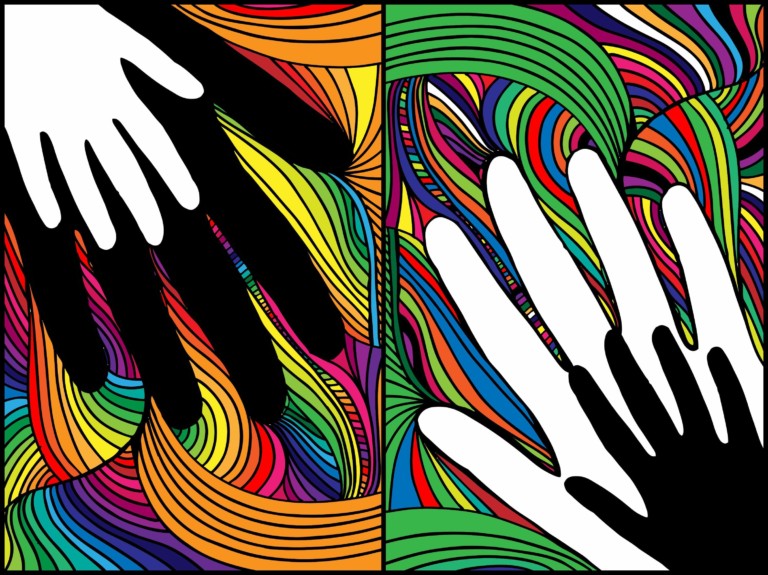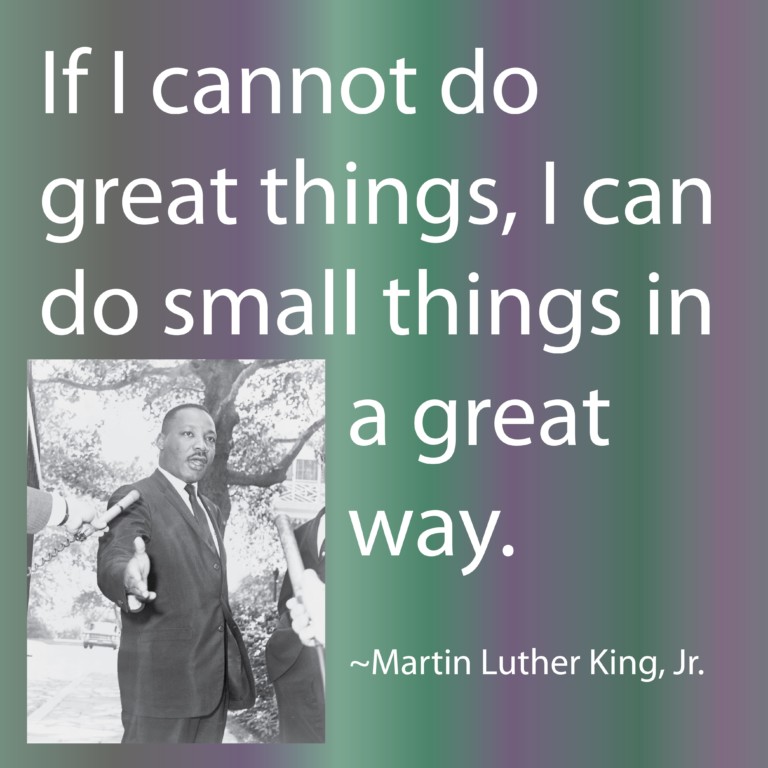The 7 Principles Kwanzaa Celebrates…

Kwanzaa. I’ve never celebrated Kwanzaa. To be honest, I’m not sure when the last time I celebrate Christmas was, for that matter. As a child, it was never a big family tradition for my mom and I… when we did celebrate it, that is. Now that I’m adult, Christmas comes and goes pretty much stress free. But what is this Kwanzaa thing that seems to crop up every year but I never investigate. It’s not a national holiday. It doesn’t date back hundreds of years. Folks say it’s a holiday for African Americans. But why? Well, this week I’m deviating from my typical articles to simply explore an interest.
What is Kwanzaa

Maulana Karenga founded Kwanzaa about 1966 as a way to help African Americans connect with their African culture. Happy 50th Anniversary! The word Kwanzaa is actually Swahili in origin. It means “first fruit” or “first fruit of the harvest.” It’s interesting that Kwanzaa is Swahili, a country in East Africa, when most American slaves originated in West Africa. But… it is what it is.
Now, I have to tell you, I’m very much American. I find Africa and Africans interesting, but I’m 100% America through and through. When I think of connecting with my ancestors, I think of my American ancestors, whose journeys have led to my presence. I understand not everyone shares my values, and I respect and honor that. I encourage you to stay true to your values.
Principles of Kwanzaa
Maulana Karenga purpose for creating Kwanza was to “give Blacks an opportunity to celebrate themselves and their history, rather than simply imitate the practice of the dominant society.” It’s a beautiful movement… liberating, in a way. I find it even more beautiful when it’s backed by the 7 principles Kwanzaa:
- Unity – Umoja (Day 1)
- Self-Determination – Kujichagulia (Day 2)
- Cooperative Economics – Ujamaa (Day 3)
- Creativity – Kuumba (Day 4)
- Purpose – Nia (Day 5)
- Collective Work and Responsibility – Ujima (Day 6)
- Faith – Imani (Day 7)
I was surprised to find that Kwanzaa is very ritualistic with pretty firm guidelines for celebrating the holiday. The rituals are meant to show respect and honor to the celebration and African heritage. I’ll go more into each principle in the upcoming days.
Symbols of Kwanzaa

- Mkeka: a mat – Symbolizes the traditions and history
- Mazao: fruits and vegetables – Represents the reward for productivity and labor
- Muhindi: ears of corn – Stands for our children and the future they hold
- Kinara: a candleholder – Symbolic for our roots (parents, ancestors, continental Africans)
- Mishumaa saba: the seven candles – Each candle represents one of the principles of Kwanzaa. The center black candle represents unity, which is the people. The three red candles represent self-determination, cooperative economics, and creativity, which is the also the future and hope of the African community. The black candles on the right represent collective work and responsibility, purpose, and faith, which symbolizes the struggle.
- Kikombe cha umoja: the unity cup – Refers to the founding principles and acts of unity.
- Zawadi: the gifts – Represents the love and commitments parents have to the children.
Final Thoughts

For me, there’s a lot of comfort in being able to trace my roots back to the 1800s, learning about my ancestors who were slaves, reading stories about times when families were broken and sometimes reunited. I think at times it’s what makes me comfortable with being simply American. As far back as I can trace, my ancestral journey starts in slavery. I’m comfortable with that.
Yet now as I sit here here thinking, it’d be nice to know where in Africa my ancestors originated from. There still would be that great divide between American slavery, where records are scarce and lost, but it’d still be interesting to know.
Invitation
Over the next several days, I invite you to join me as I share with you more about my take aways from Kwanzaa, as we honor and celebrate the 7 principles.
Day 6: Collective Work and Responsibility
Day 7: Faith[fusion_separator style_type=”shadow” hide_on_mobile=”small-visibility,medium-visibility,large-visibility” class=”” id=”” sep_color=”” top_margin=”” bottom_margin=”” border_size=”” icon=”” icon_circle=”” icon_circle_color=”” width=”” alignment=”center”][/fusion_separator]







